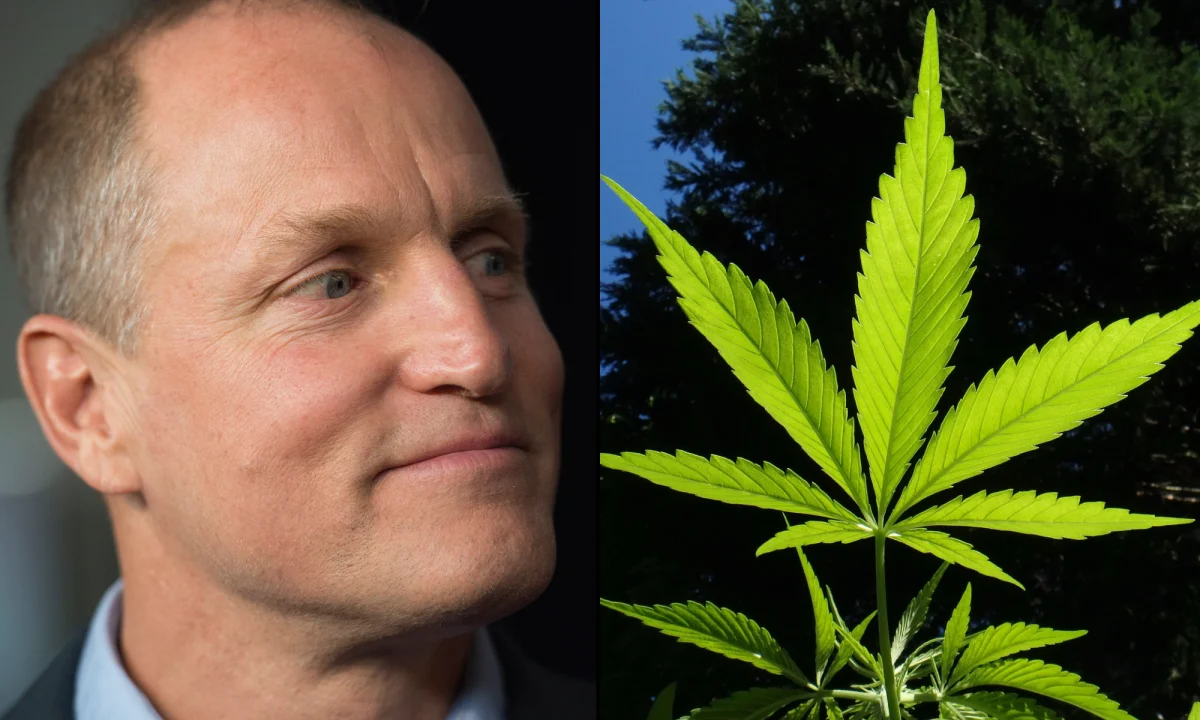Cannabis has a long history as an aid to increase sexual pleasure. It’s used as an aphrodisiac in tantric sex rituals arose in seventh century India, while early Europeans held the belief that the plant promoted happy marriages, according to the book, Cannabis and Culture, edited by Vera Rubin. Cannabis was included in the US Pharmacopeia from the late 1850s to the 1940s, with cannabis aphrodisiac pills and extracts made by pharmaceutical companies like Ely Lilly and Upjohn, recommended by physicians for “pleasant intoxication” and “stimulating the sexual appetite,” and to treat “sexual torpor” in women (in other words, lack of sexual desire.)
Culture
Cannabis & sex: a woman’s guide

alcohol
How Cannabis Can Help You During Lent
Consumption
Woody Harrelson Wishes He Could Invite Bob Marley To His Marijuana Dispensary—But Fears The Reggae Legend Would Out-Smoke Him
Consumption
MARY Fest 2025: Brooklyn’s Ultimate Cannabis Lifestyle Experience
-

 Cannabis News2 years ago
Cannabis News2 years agoDistressed Cannabis Business Takeaways – Canna Law Blog™
-

 One-Hit Wonders2 years ago
One-Hit Wonders2 years agoUnited States: Alex Malyshev And Melinda Fellner Discuss The Intersection Of Tax And Cannabis In New Video Series – Part VI: Licensing (Video)
-

 Cannabis 1012 years ago
Cannabis 1012 years agoWhat you Need to Know
-

 drug testing1 year ago
drug testing1 year agoDrug Testing for Marijuana – The Joint Blog
-

 Education2 years ago
Education2 years agoNCIA Write About Their Equity Scholarship Program
-

 Cannabis2 years ago
Cannabis2 years agoIt has been a wild news week – here’s how CBD and weed can help you relax
-

 Marijuana Business Daily2 years ago
Marijuana Business Daily2 years agoCannabis, alcohol firm SNDL loses CA$372.4 million in 2022
-

 California2 years ago
California2 years agoA new April 20 cannabis contest includes a $40,000 purse























